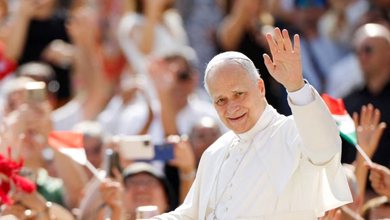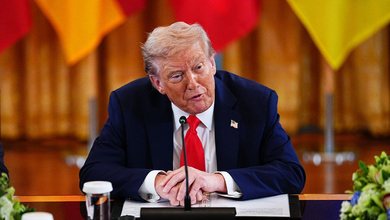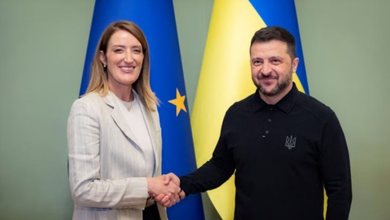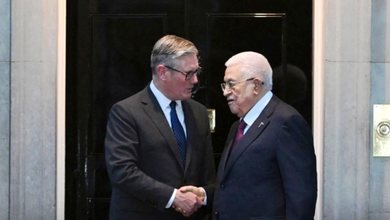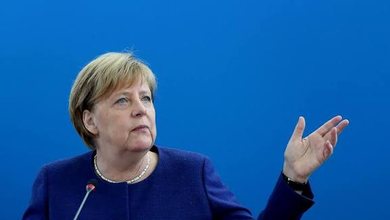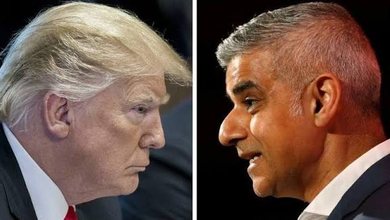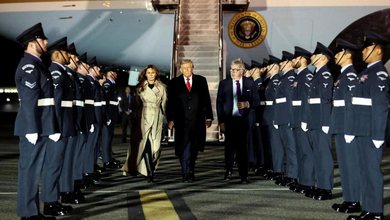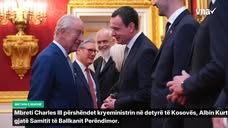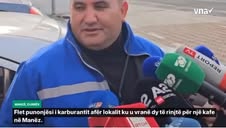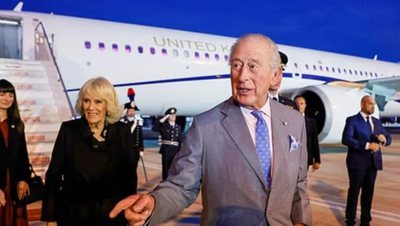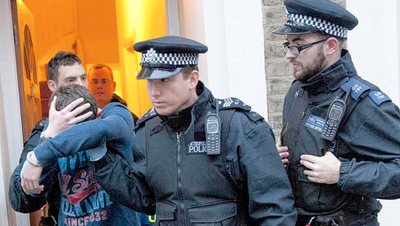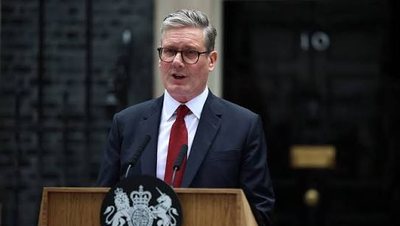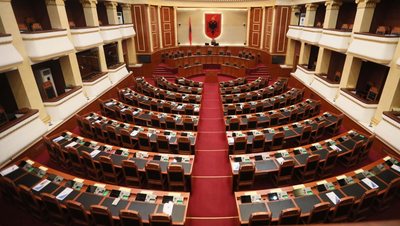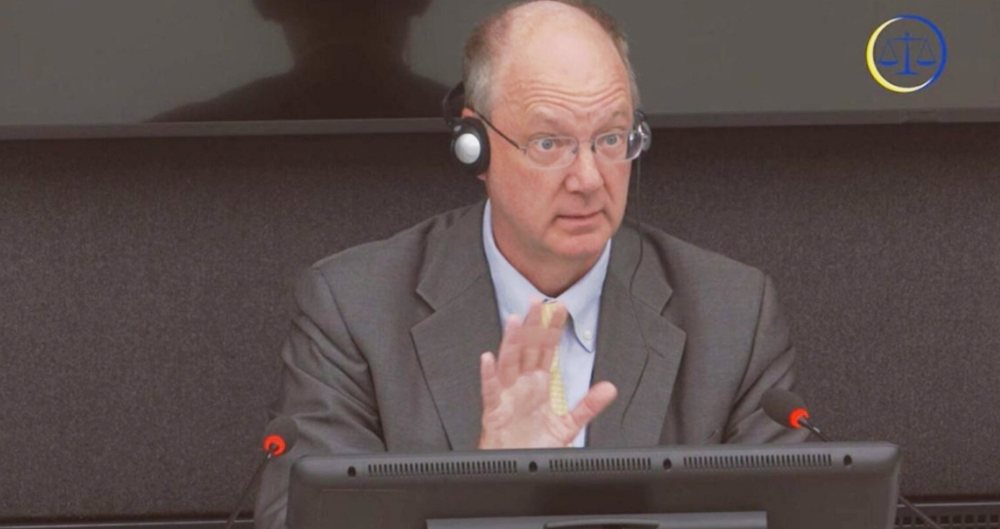
Witness Paul Williams confirmed the defense's claims that the Kosovo Liberation Army did not have a proper command structure and said that Hashim Thaçi could not make decisions without the approval of the commanders of the KLA's operational areas.
In his two-day testimony at the Kosovo Specialist Chambers in The Hague, Paul Williams, who was an advisor to the Kosovo delegation during the failed peace talks in Rambouillet in 1999, gave evidence that supported the defense's claims that former Kosovo President Hashim Thaçi could not have directly ordered war crimes.
Williams told the court on Thursday that the Kosovo Liberation Army, KLA, had “a village-based structure” and that Thaci had no authority to make decisions without the approval of the commanders of the guerrilla forces’ operational areas, among others.
Williams, the second witness in Thaçi's defense against charges of war crimes and crimes against humanity, also confirmed the defense's claims that the KLA did not have a proper military command structure, but was a grassroots movement, where decision-making came from the ground.
Similar claims were made by the first defense witness in the trial, former U.S. Assistant Secretary of State James Rubin, who testified from Monday to Wednesday.
Thaçi and his co-defendants Kadri Veseli, Jakup Krasniqi and Rexhep Selimi are on trial on suspicion of individual and command responsibility for crimes committed against prisoners held in KLA detention centers in Kosovo and neighboring Albania, including 102 murders. The crimes are alleged to have been committed during and immediately after the war in 1998 and 1999. All have pleaded not guilty.
Williams explained that Thaçi became the leader of the Kosovo delegation at the Rambouillet talks between Kosovo and Serbia in France in March 1999. According to Williams, the other key member, Kosovo President Ibrahim Rugova, was also “very important, his ideas were pacifist, but he was not a negotiator. He did not negotiate.”
According to Williams, it was vital that Thaçi, as a representative of the KLA, could show that he was “a negotiator, a diplomat who could be a reliable person or partner.”
Williams told the court that, however, Thaçi had no decision-making authority during the failed Rambouillet, but needed confirmation from the commanders of the KLA operational areas.
Thaçi was simultaneously under pressure from U.S. Secretary of State Madeleine Albright to sign an agreement and from the KLA's General Political Representative, Adem Demaçi, and from zone commanders to demand Kosovo's independence in the agreement, Williams said.
Williams stressed on Thursday that "it became absolutely clear that the KLA area commanders had to be part of the process."
He also told the court on Wednesday that “I did not get the impression that Thaci had complete control over the negotiations. I think he represented external interests and these interests had control over his authority or behavior during the negotiations.”
“While the Kosovo delegation was in Rambouillet and progress was being made, there was external pressure from local commanders, but there was also ideological and cultural pressure from Adem Demaçi (the political leader of the KLA), who was hindering the progress of these negotiations and undermining the movement towards reaching this agreement. Therefore, this aspect had to be addressed,” Williams said.
He added that Demaçi insisted on Kosovo's independence, instead of autonomy within a Serbia-led Yugoslavia, and that Thaçi had to travel to meet him in Slovenia to discuss the issue.
The Kosovo Specialist Chambers are part of Kosovo's justice system, but are located in The Hague with international staff to ensure a fair trial, following problems with witness intimidation in previous KLA-related cases.
Many ethnic Albanians and KLA supporters insist that the trials have been unfair to the defendants. The start of the defense's presentation on Monday was preceded by a rally in The Hague, organized by hundreds of ethnic Albanians and KLA veterans from across Europe and the United States, in support of Thaçi and his three co-defendants, former parliamentarians Veseli and Krasniqi, as well as former MP Selimi.
The court told BIRN that Thaçi will call 11 witnesses, while former parliament speaker Krasniqi will call two. The panel has set November 14 as the approximate closing date for the defense’s presentation. Thaçi’s third witness will testify next week.
Reporter.al


